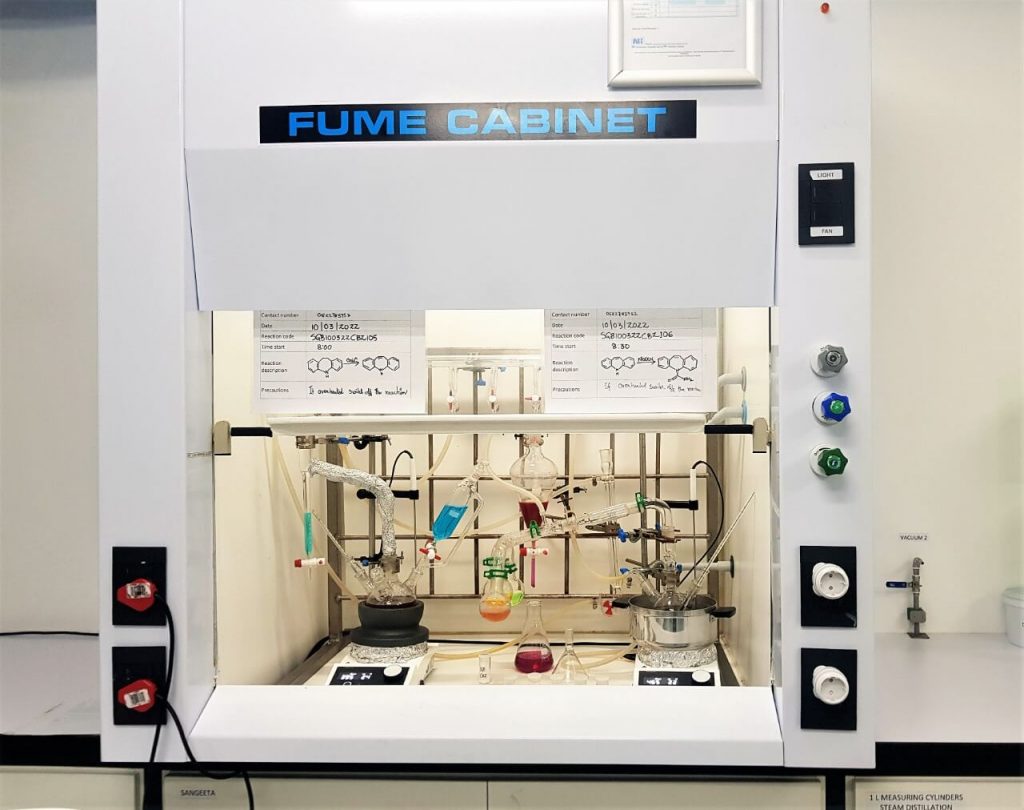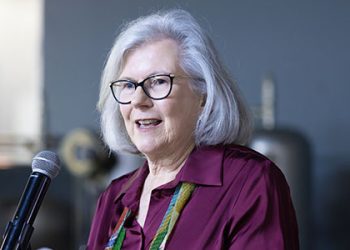A multi-million-rand initiative aimed at reducing South Africa’s reliance on the importation of critical drugs has the potential of saving the country billions of rands annually, said the Deputy Minister of Higher Education, Science and Innovation, Buti Manamela.
The Deputy Minister launched the Active Pharmaceutical Ingredient Plus technology innovation facility, which houses a state-of-the-art organic synthesis research laboratory on Friday, 11 March 2022.
The laboratory will support the analytical testing required during the synthetic process of API molecule development. This laboratory will serve the analytical needs within the academia and industry and thereby ensuring the commercial translation of the API molecules synthesised toward full scale production
APIs are the biologically active components in a pharmaceutical drug which are formulated with other ingredients to make finished pharmaceutical products such as tablets and capsules. It costs South Africa R15 billion a year to import a vast majority of the APIs used to formulate medicines in local plants. This dependence has at times led to import and distribution problems.

The Deputy Minister said the manufacture of APIs has been a priority for the South African government since the large-scale roll-out of antiretroviral (ARV) drugs for those living with HIV and Aids, which unsurprisingly constituted a huge part of government’s national health expenditure.
“It therefore goes without saying that reliance on the importation of finished drugs or the APIs not only burdens the country with a security of supply risk, but also results in a significant trade deficit for the pharmaceutical sector,” he said.
He welcomed the initiative as part of the national Bio-economy Strategy. The strategy’s initiative for health is to support and strengthen local research, development and innovation capabilities to manufacture APIs, vaccines, biopharmaceuticals, diagnostics and medical devices to address the country’s disease burden, while ensuring security and sustainable supply of essential therapeutics and prophylactics.
The DSI has collaborated with its entity, the Technology Innovation Agency (TIA), and North-West University (NWU) in the development of the API Technology Innovation Cluster, which is hosted by CPT Pharma in Waltloo, Pretoria.
CPT Pharma was granted a licence to manufacture APIs for human health by the South African Health Products Regulatory Authority over a year ago. This signalled a move forward for the country’s pharmaceutical industry.
The API Cluster is also set to stimulate industry competitiveness by leveraging existing skills, technologies and facilities available in South Africa. Its foundation will be an aggressive locally developed technology strategy that can be used to leverage collaboration and partnerships in the pharmaceutical sector.

The strategy will realign current capabilities within various sectors including commercial companies towards a focused process synthesis and engineering programme. The goal is to develop Drug Master Files for the competitive manufacturing of targeted APIs and to leverage this to set up a commercial pipeline for local API manufacturing.
CPT Director, Dr Gerrit van der Klashorst, said the vision is to harness intellectual capacities at higher education institutions, doing groundbreaking research to develop economically competitive routes for API synthesis.
“The API+ Laboratory is also ideally positioned for technology transfer from international and open-source technology suppliers such as the Clinton Health Access Initiative and Medicines for All, as well as multinational pharmaceutical companies,” Dr Van der Klashorst explained.
“TIA has invested R15 million in the establishment of the API Cluster. The investment is aimed at driving technology development and commercialisation of local API manufacturing focusing on the synthesis of small-molecule APIs for human health using modern manufacturing technology.
The API cluster represents TIA’s approach to assessing value chains and stimulating the development of activities and interventions to facilitate sector or industry-level engagement through the crosscutting approach adopted in the Technology Innovation Cluster model. This approach is intended to address systemic weaknesses that hamper innovation and commercialisation beyond just the provision of funding to individual projects,” explains Mr Patrick Krappie, Acting CEO of TIA.
Issued by the Department of Science and Innovation and its partners.







